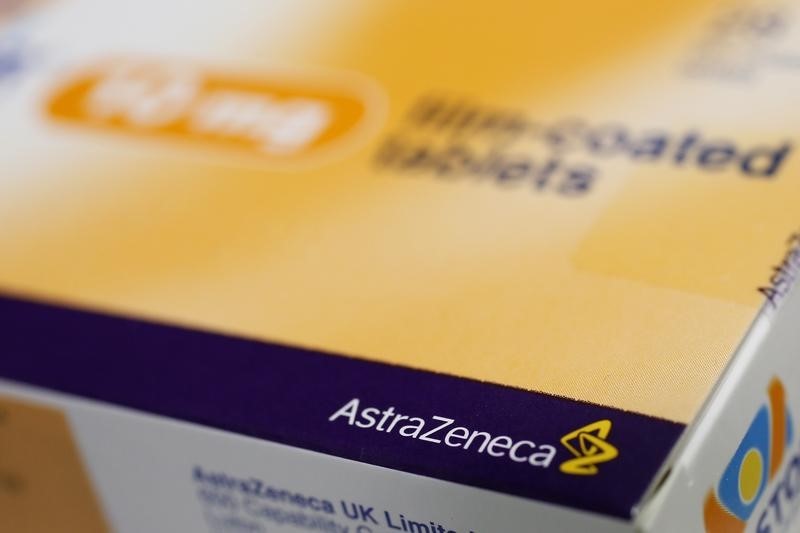WASHINGTON - AstraZeneca (NASDAQ:AZN)'s Farxiga (dapagliflozin) has received approval from the U.S. Food and Drug Administration (FDA) to improve glycemic control in pediatric patients aged 10 years and older with type-2 diabetes (T2D). This expansion of use for Farxiga follows its established presence in the adult T2D market.
The decision by the FDA is supported by the T2NOW Phase III trial results, which indicated a significant decrease in A1C levels—a measure of blood sugar—for those treated with Farxiga compared to the placebo group. The trial demonstrated a mean A1C reduction of -0.62% for Farxiga versus an increase of +0.41% for placebo, with a notable difference of -1.03%. The safety profile for pediatric patients was consistent with that observed in adults.
Ruud Dobber, Executive Vice President of AstraZeneca's BioPharmaceuticals Business Unit, emphasized the importance of this approval, citing the growing prevalence of T2D among children and adolescents and the limited oral treatment options available to them. He highlighted the company's ongoing commitment to addressing unmet needs in cardiovascular, renal, and metabolic diseases.
T2D is a chronic condition characterized by elevated glucose levels, with an increasing number of young individuals affected globally. In the United States alone, nearly 30,000 patients under 20 live with T2D, and over 5,000 new cases are diagnosed annually. The disease's progression and onset of complications tend to be faster in younger patients than in adults.
Farxiga, an oral SGLT2 inhibitor, is already approved in 126 countries, including the EU under the brand name Forxiga, as an adjunct to diet and exercise for adults with T2D. Additionally, Forxiga has been approved for pediatric use in the EU and other regions based on the T2GO Phase III clinical trial.
AstraZeneca, a global science-led biopharmaceutical company, continues to focus on the discovery, development, and commercialization of prescription medicines across various therapy areas. The company's portfolio is aimed at organ protection and slowing disease progression, with an ambition to improve and save the lives of millions by targeting the mechanisms driving CVRM diseases.
This approval marks a significant step in extending treatment options for younger patients with T2D and is based on a press release statement from AstraZeneca. Further regulatory submissions and market evaluations are anticipated as the company continues to expand its reach in the treatment of various diseases.
This article was generated with the support of AI and reviewed by an editor. For more information see our T&C.
